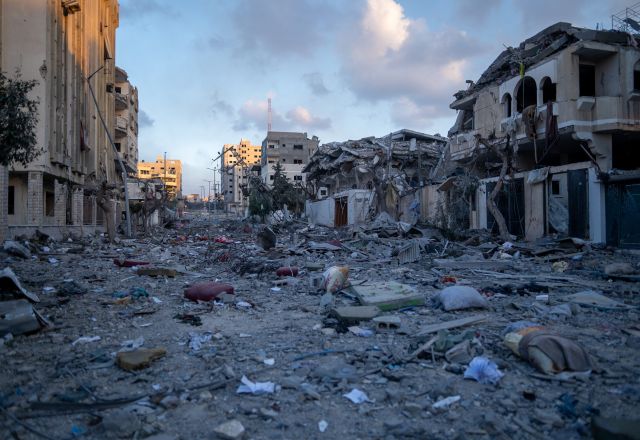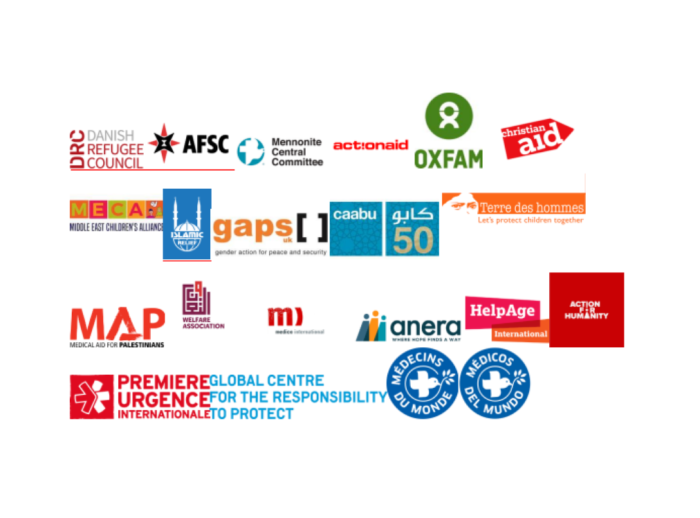
Today, we reflect on the Genocide Convention and its promise of “never again.”
- 2 min read
- Published: 9th December 2024
Joint Reaction: International Day of Commemoration and Dignity of the Victims of the Crime of Genocide and of the Prevention of this Crime
Today, as the world marks the adoption of the Genocide Convention in 1948, we are reminded of its solemn promise: never again. This landmark treaty arose from humanity’s collective horror at atrocities committed such as the Holocaust—reminders of the depths to which we can fall when the world turns a blind eye to suffering. The genocide in Namibia alongside later atrocities in Rwanda and Bosnia serve as stark reminders of the ongoing need for vigilance and action to uphold the treaty's principles and ensure an end to impunity.
The Genocide Convention does not simply condemn genocide; it obligates states to act, to prevent, and to protect. It places a legal and moral duty on governments to identify and respond to the risk of genocide wherever it arises.
Yet, too often, states have failed this duty. Today, in Gaza, we witness systematic atrocity crimes unfolding before the eyes of the international community. The human suffering is immense, with Israel’s leadership already facing allegations of grave violations of international law.
A year ago, the International Court of Justice issued provisional measures in response to South Africa’s case, affirming that all states have an obligation under the Genocide Convention to prevent acts that may lead to genocide. One year on, the world has yet to take meaningful action to alleviate the suffering of Palestinians or to halt the escalation of atrocities.
As humanitarian and human rights organisations, we call on member states to fulfill their international legal obligations by ensuring accountability for atrocity crimes in Gaza, taking proactive measures to protect civilians and uphold international humanitarian law, and halting actions, including arms transfers, that perpetuate the cycle of violence
History has shown that failing to act in the face of atrocity crimes allows the unthinkable to become a grim reality. On this day, as we reflect on the lessons of the past, we must also act for the future. The suffering of the Palestinian people cannot be ignored; the promise of “never again” demands more than words—it demands action. Together, we call for an end to the suffering, an end to impunity, and an end to the atrocities.
Action for Humanity
ActionAid
AFSC (American Friends Service Committee)
Anera
CAABU (Council for Arab-British Understanding)
Christian Aid
CMEP (Churches for Middle East Peace)
DRC (Danish Refugee Council)
GAPS (Gender Action for Peace and Security)
Global Centre for the Responsibility to Protect (GCR2P)
HelpAge International
Islamic Relief
MAP (Medical Aid for Palestinians)
Médecins du Monde France
Médecins du Monde Suisse
Médicos del Mundo Spain
MECA for Peace (Middle East Children's Alliance for Peace)
Medico International
MCC (Mennonite Central Committee)
Oxfam
Premiere Urgence InternationaleProject Hope
Terre des Hommes Italy
Welfare Association

